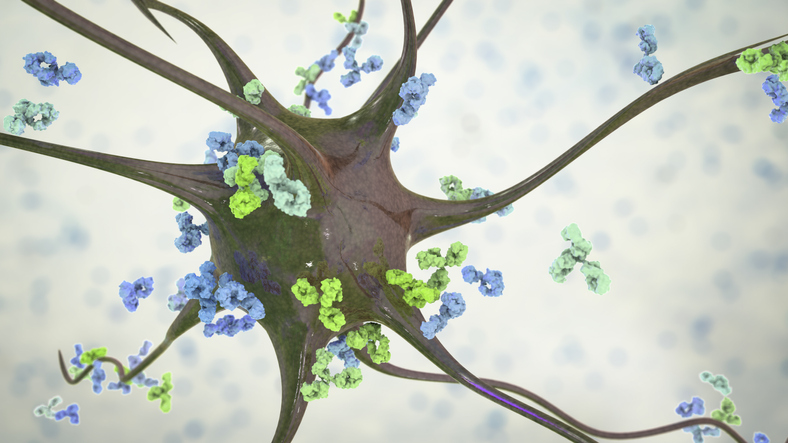Pain
Progression and Potential Complications of Guillain-Barre Syndrome

Guillain-Barre syndrome (GBS) is an autoimmune disorder in which the immune system mistakenly attacks healthy cells in the nerves. GBS typically progresses quickly and can lead to serious complications.
Progression of Guillain-Barre syndrome
The first symptoms of GBS usually include tingling, numbness, weakness, or pain in the legs, which then spreads to the torso, arms and face. In some cases, paralysis may occur. As GBS progresses, more bodily systems may be affected, including blood pressure, heart rate, and respiration.
The progression of worsening symptoms typically lasts one to two weeks but can last up to four weeks. Symptoms then plateau for days, weeks, or even months.
The recovery phase begins when symptoms start to improve. This phase is usually the longest, lasting anywhere from a few weeks to two years. In rare cases, complete recovery does not occur.
Complications of Guillain-Barre syndrome
Potential complications of GBS include the following:
- Blood clots
Because immobility is a common symptom of GBS, blood stagnation in the legs can lead to dangerous blood clots. Blood-thinning medications and compression socks or sleeves are often used to help prevent blood clots. - Bed sores
Bed sores can develop due to immobility. Frequent repositioning can help. - Pneumonia
When GBS affects nerves in the mouth and throat, difficulty with swallowing can occur. Saliva, water, or other substances can get into the airway and lungs, eventually leading to pneumonia. - Ongoing symptoms
Some individuals do not fully recover from GBS and experience ongoing fatigue, muscle weakness, tingling, or numbness. - Relapse
Some individuals will experience a relapse of GBS after recovery. - Death
In rare cases, complications involving the heart and lungs can cause a heart attack or respiratory distress that leads to death.










